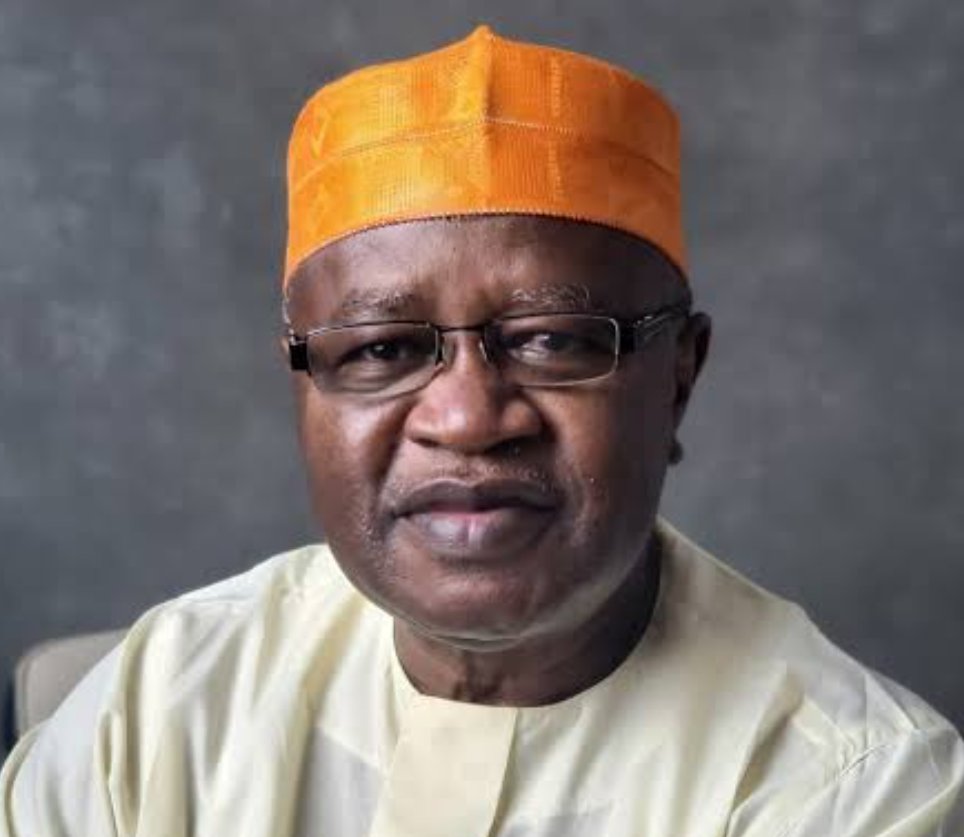In the wake of ongoing clashes, Cameroon’s Far North region has witnessed the displacement of a staggering 420,000 individuals in 2022. Amid this turmoil, the European Union’s (EU) funding has emerged as a beacon of hope, breathing life into the World Food Programme’s (WFP) vital initiatives, which have become a lifeline for displaced families struggling to survive.
Among these families is that of Christina, a 33-year-old mother of six, whose harrowing escape from armed militia in her village of Tourou led her to seek refuge in Mokolo, within the same region. Recounting the terror that forced her into the darkness of the bush, she vividly describes the desperate flight to safety, where a relative provided them with shelter. Despite the cramped quarters, the sense of security brings solace: “There isn’t enough room for everybody. But at least here we can sleep well. I feel safe and I no longer live in fear,” she shares.
The cascading effects of conflict have upended the lives of countless families like Christina’s, who once thrived on farming, livestock rearing, and entrepreneurship. However, the menacing presence of armed groups extinguished their way of life, driving them into dependence on humanitarian aid for sustenance. The EU, in collaboration with the WFP, has swiftly mobilized resources to address this burgeoning crisis, extending a vital lifeline to 240,000 internally displaced individuals in Cameroon’s Far North region in 2023 alone.
The EU’s contributions have played a pivotal role in alleviating the profound impact of the global food crisis on displaced communities, exemplified by the assistance that Christina’s family received in the form of rice, oil, salt, and beans, catering to their essential nutrition needs over three months. Beyond addressing immediate nourishment requirements, this support has also nurtured resilience, equipping local communities to weather the throes of hunger and fortify local markets amidst economic tumult.
More than just sustenance, the WFP’s efforts have reached into the realm of education, where the organization’s support of the Government’s school meals programme has become a crucial enabler for children, including Christina’s own, to pursue learning without the burden of hunger. With her children’s education in safe hands, Christina nurtures the hope of returning to her village someday, yearning to rebuild severed connections and reclaim normalcy. However, she acknowledges the harsh reality, expressing the need for self-reliance in the face of ongoing uncertainty.
The EU’s steadfast support and the tireless efforts of organizations like the WFP not only provide immediate relief but also kindle optimism for a more secure and prosperous future for families grappling with displacement and disarray. Through sustained assistance and unwavering resilience, these initiatives strive to restore hope and stability to the lives of individuals like Christina, offering a glimmer of light in the midst of adversity.



